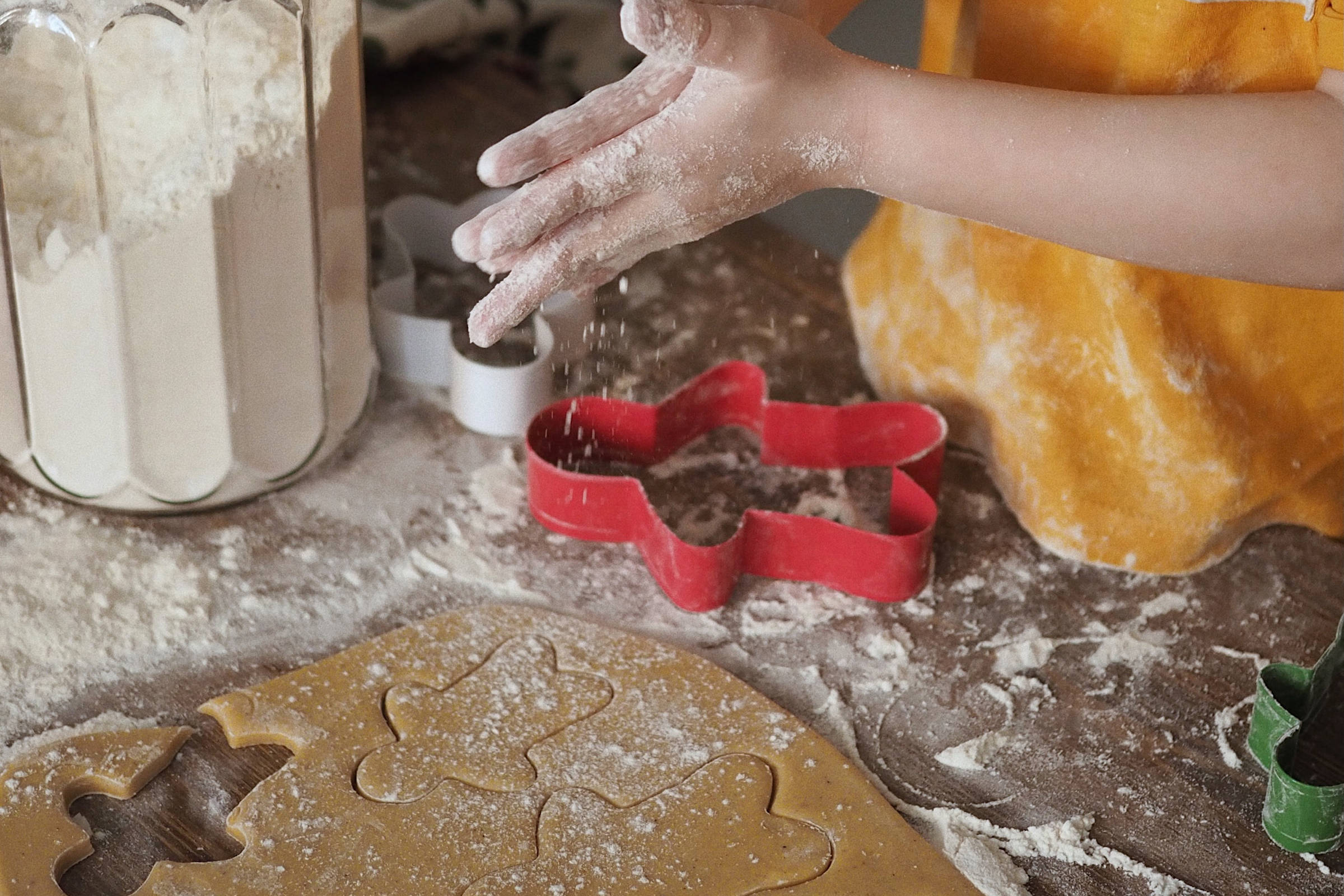Being a climate champion at Christmas can be hard, when dealing with family habits and expectations. Clarence Climate Action (CCA) members recently shared some strategies they use to ensure less wasteful, more thoughtful gift-giving. “The aim isn’t to go cold turkey on gifting, but to start making different choices, foster conversations about waste and what is ‘enough’, and build from there,” CCA member Katie Kristensen said.
Being a climate champion this Christmas

Ms Kristensen likes to keep it local, gifting locally made preserves and honey in reusable jars instead of mass-produced chocolates.
Here are some of the other group members’ strategies:
Plan together
Kobi Ryback’s extended family plan is a separate “secret Santa” for children and adults where each person receives one gift with more meaning from their Santa.
Fiona Howie said her family had an agreement to keep gifts small, like a book, and only within immediate family.
Give experiences
Experience vouchers can be as simple as family adventures like special picnics, bike rides and beach visits.
Bought experiences in Mel Thurling’s family include tickets to a show or workshop.
Alice Pace said her family loved vouchers for Bonorong Wildlife Sanctuary, restaurant reservations and tickets to the theatre. “My brothers gave me babysitting vouchers last Christmas which was great,” she said.
Give homemade
Art, handmade gifts or baked goods work for those with time.
“I am doing a ceramics class and factored presents into my projects,” Amy Lou said. “It is easy to mass produce things like decorations or (as I am doing) earrings, with the bonus of being personalised.”
Give quality
Bonnie Tuttle refuses to buy gifts that she knows won’t have long life.
Give secondhand or regift
“Re-gifting and good quality pre-loved gifts are totally okay in my family,” Ruth Osborne said.
“We have had second-hand toys in the wider family for bigger items like cubby houses. Second-hand books and clothes in great condition are also good,” Amanda Blakney said.
Giving receivers permission to regift if they don’t need an item is another present. “I think it takes pressure off the receiver to feel any obligation, and they can still feel the love and intention,” Ms Thurling said.
Eastern Shore Sun, December 2021, page 21